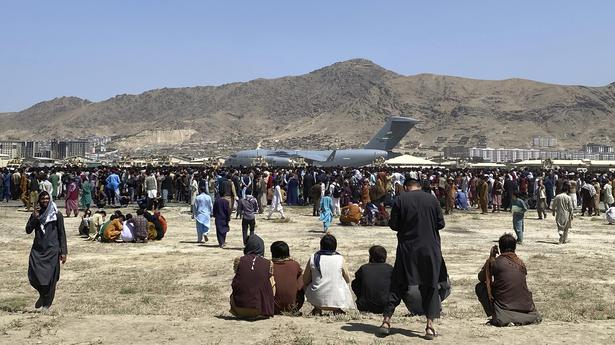
U.S. changes focus to long-term residency for more Afghans
The Hindu
The Biden administration is phasing out a program that aimed to give at-risk Afghans a quicker legal pathway to the U.S. through humanitarian relief but was criticized for its bureaucratic barriers
The Biden administration said on Thursday that it is phasing out a program that aimed to give at-risk Afghans a quicker pathway to the U.S. through humanitarian relief but was criticized for its bureaucratic barriers and for ultimately leaving people's lives in legal limbo.
Instead, starting October 1, the U.S. government said it would focus on beefing up efforts to help more Afghans get permanent U.S. residency rather than the temporary legal status of humanitarian parole, which allowed them to stay in the country for just two years.
White House press secretary Karine Jean-Pierre said the administration is adopting a “new model" for Afghans traveling “directly to the communities where they will be moving” instead of having a stopover elsewhere in the country, which was required to get humanitarian parole.
“This is important to us. This has been a priority. And that’s how we’re going to make the process work a little bit better," she said.
Since the chaotic evacuation of Afghans following the withdrawal of U.S. troops from Afghanistan in August 2021, some 86,000 Afghans have arrived in the United States — nearly all through the humanitarian parole process, which has left their future uncertain.
Thousands more remain in Afghanistan and their lives are at risk for aiding American troops. Some have been killed, advocates say.
Others have made their way to neighboring Pakistan but have been stalled by the backlog to process special immigrant visas for Afghans who supported the U.S. government during the war there. Nearly 75,000 such visas are still in the pipeline.











